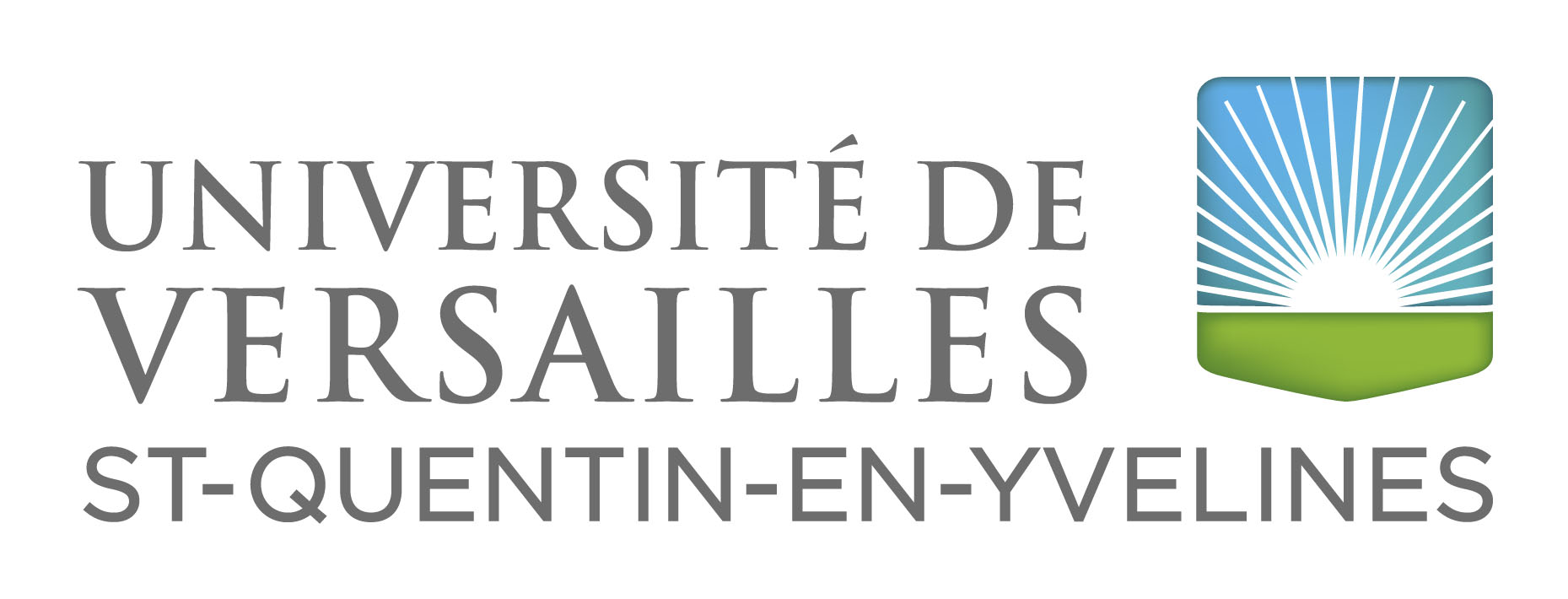The Institut Pierre Simon Laplace (IPSL) is a consortium of 9 research laboratories whose research topics concern climate and the global environment. The IPSL Climate Modelling Centre (IPSL-CMC) is hosting a collaborative effort to develop climate models, study the natural variability of climate, its past, current and future changes, and the anthropogenic influences on it.
Natural variations (change of the Earth’s orbit or of the solar activity, volcanic eruptions…) and human activities (emissions of greenhouse gases and short-lived species such as aerosols, land use…) change the climate through many physical, chemical and biogeochemical processes. These climate changes affect ecosystems and human activities. IPSL adopts an integrated multidisciplinary approach of the Earth System in order to study these changes in a coherent way.
Numerical models of the individual components of the climate system are developed in the IPSL laboratories: atmosphere, ocean, continental surfaces, marine and terrestrial ecosystems, atmospheric chemistry. Physical, chemical and biogeochemical processes are considered. Since 1995, the IPSL Climate Modelling Centre (IPSL-CMC) develops climate models that progressively included all these components and processes.
Currently, the main activities of IPSL-CMC are articulated around:
- The development of an integrated model of the Earth system and of its majors components.
- The achievement of climate simulation and the distribution of their results.
- The analysis of past, current and future climate variability and changes.
- The organization of Working Groups to share skills and build scientific expertise.
IPSL-CMC brings together the different teams of the IPSL laboratories that have modelling activities but has also dedicated staff to develop the IPSL integrated model of the Earth system. Overall, IPSL-CMC involves more than 80 engineers and scientists. A larger group of about 200 people use its results and benefit from the availability of the simulation data.
IPSL-CMC has a dedicated steering committee. Former heads of IPSL-CMC were Hervé Le Treut and Pascale Delecluse (1995-2000), Pascale Braconnot (2001-2008), and Jean-Louis Dufresne (2008-2015). Current head is Olivier Boucher.
The staff working for the IPSL-CMC are based in different laboratories :
- Institut Pierre Simon Laplace (IPSL)
- Laboratoire de Météorologie Dynamique (LMD)
- Laboratoire des Sciences du Climat et de l’Environnement (LSCE)
- Laboratoire d’Océanographie et du Climat : Expérimentation et approches numériques (LOCEAN)
- Laboratoire Atmosphères, Milieux, Observations Spatiales (LATMOS)
- Milieux environnementaux, transferts et interactions dans les hydrosystèmes et les sols: (METIS)
with contributions from the
- Institut des Géosciences de l’Environnement (IGE) in Grenoble
- Environnements et Paléoenvironnements Océaniques et Continentaux (EPOC) in Bordeaux
- Université de Louvain-la-Neuve
IPSL-CMC depends inter alia on the
- Centre Nationale de la Recherche Scientifique (CNRS)
- Commissariat à l’Energie Atomique et aux Energies Alternatives (CEA)
- Sorbonne Université (SU/UPMC) especially through the ECCE-TERRA observatory
- Université Versailles-Saint-Quentin-en-Yvelines (UVSQ)
with additional funding coming in particular from the
It forms an important brick of the CLIMERI national infrastructure for climate modelling.
IPSL-CMC relies on the GENCI for access to high-performance computing located at TGCC and IDRIS.
 |
 |
 |
 |
|---|

